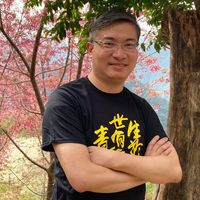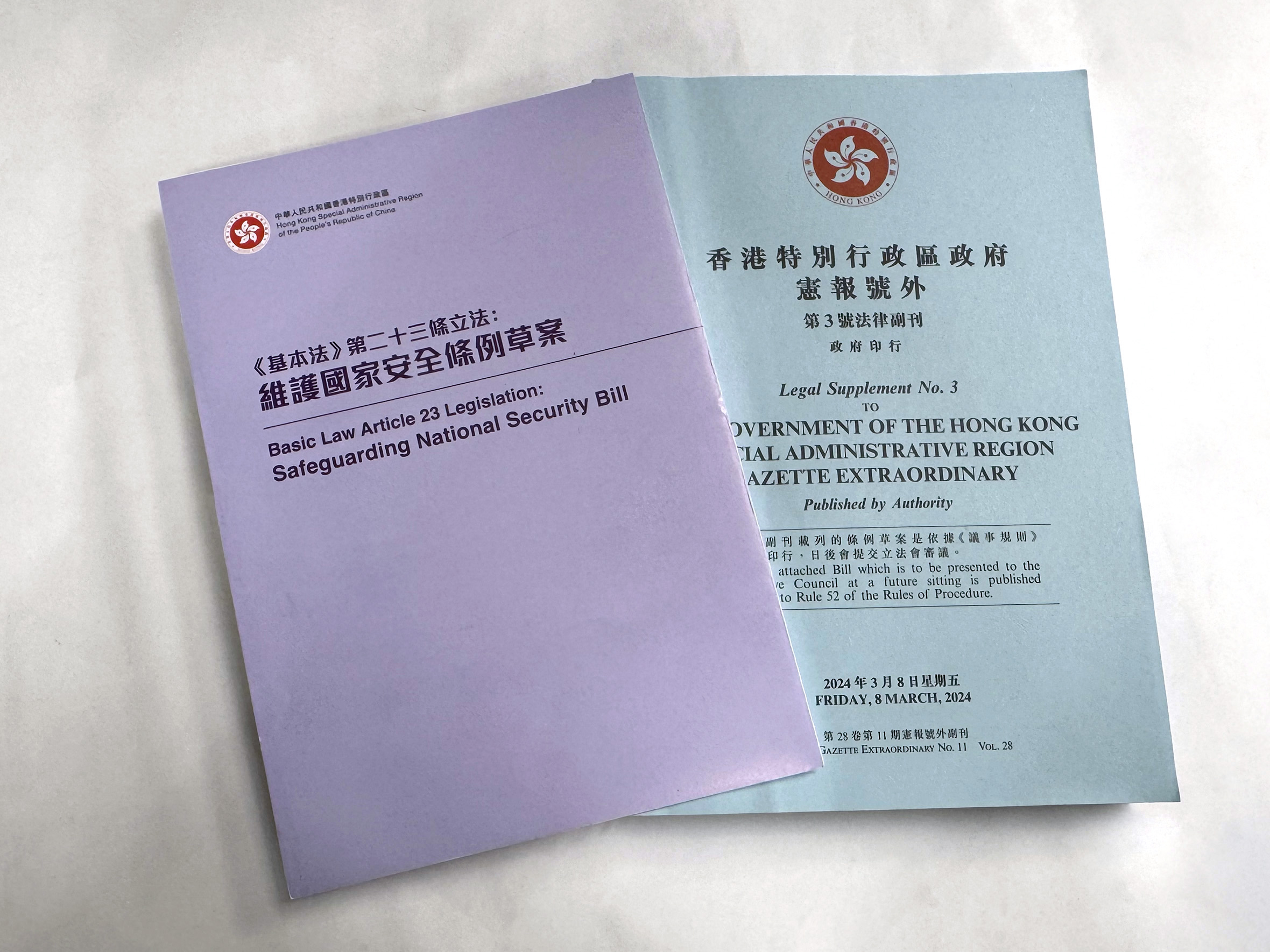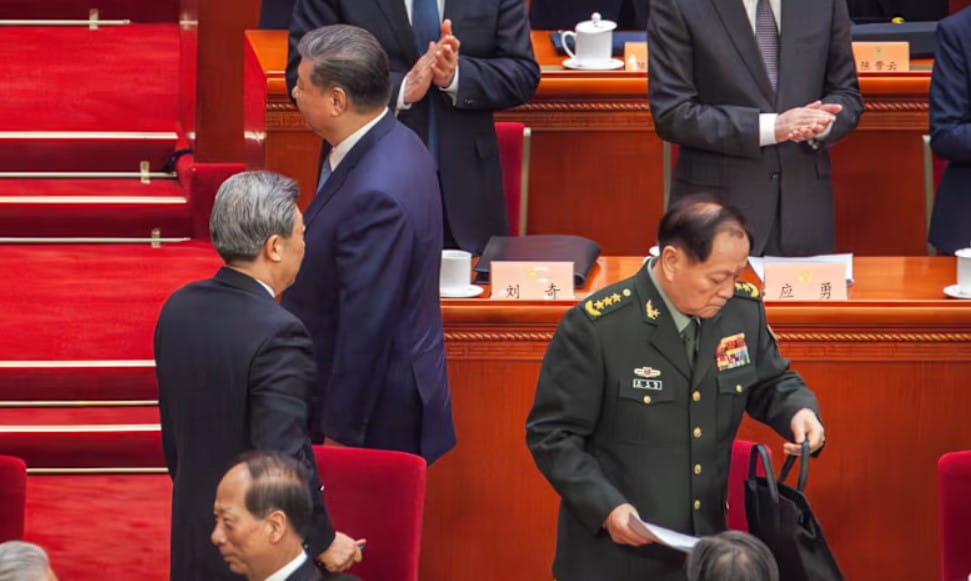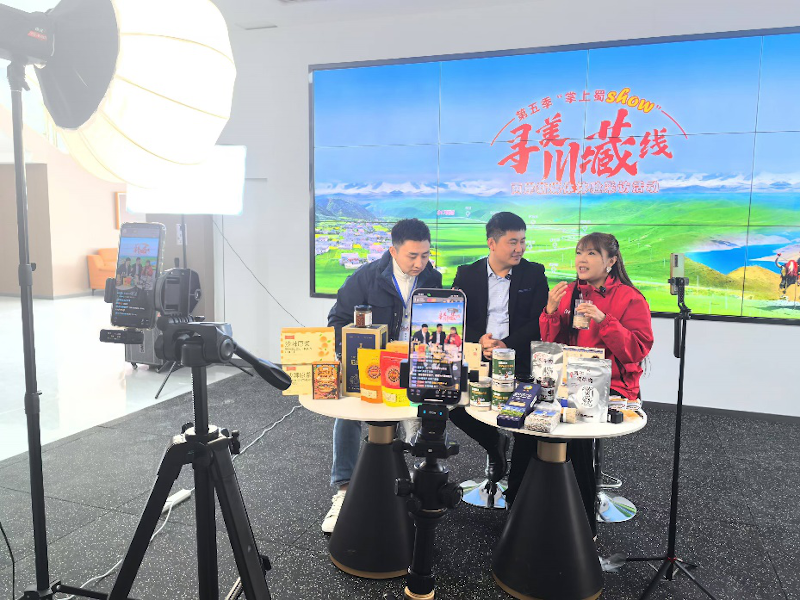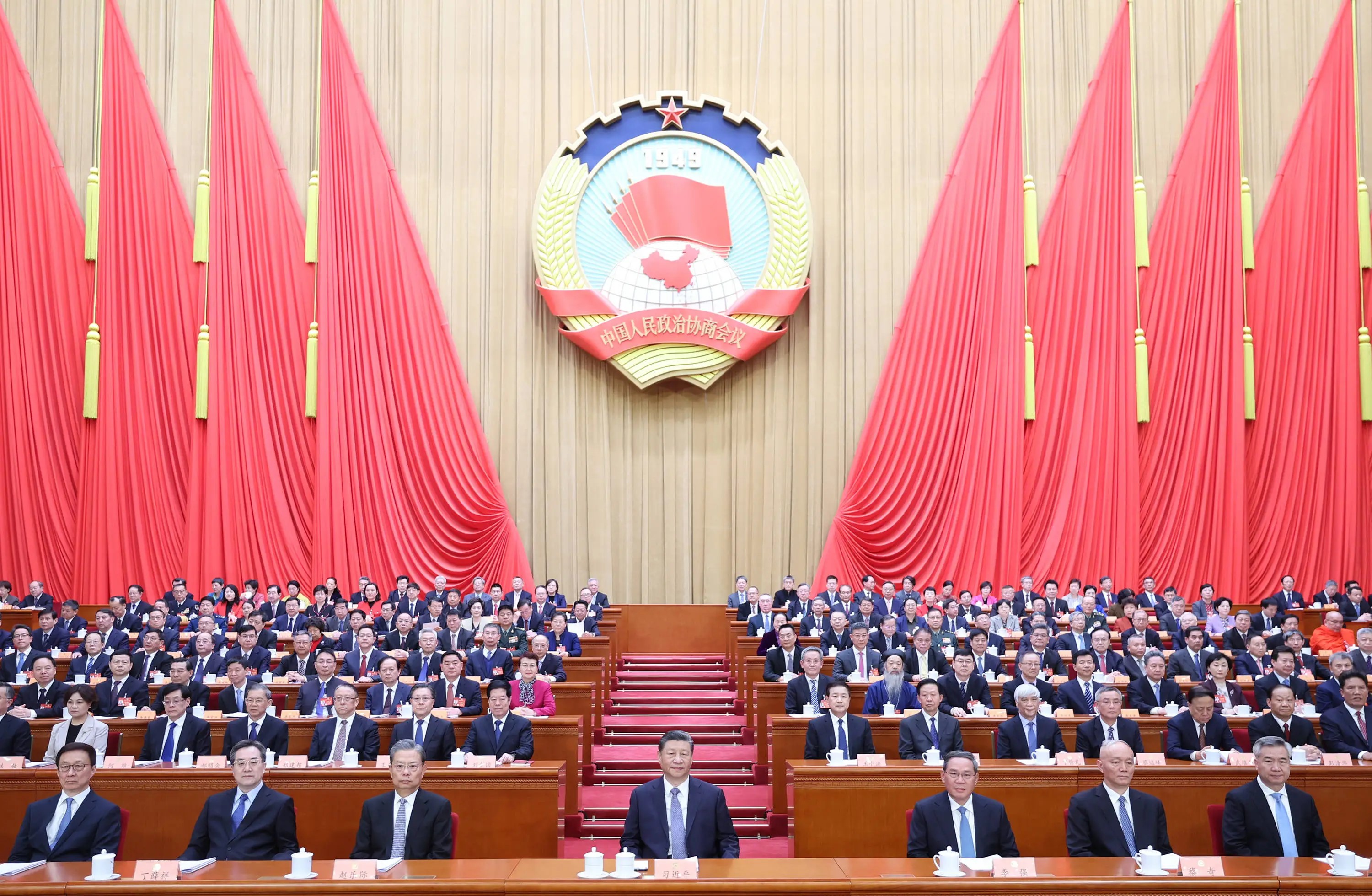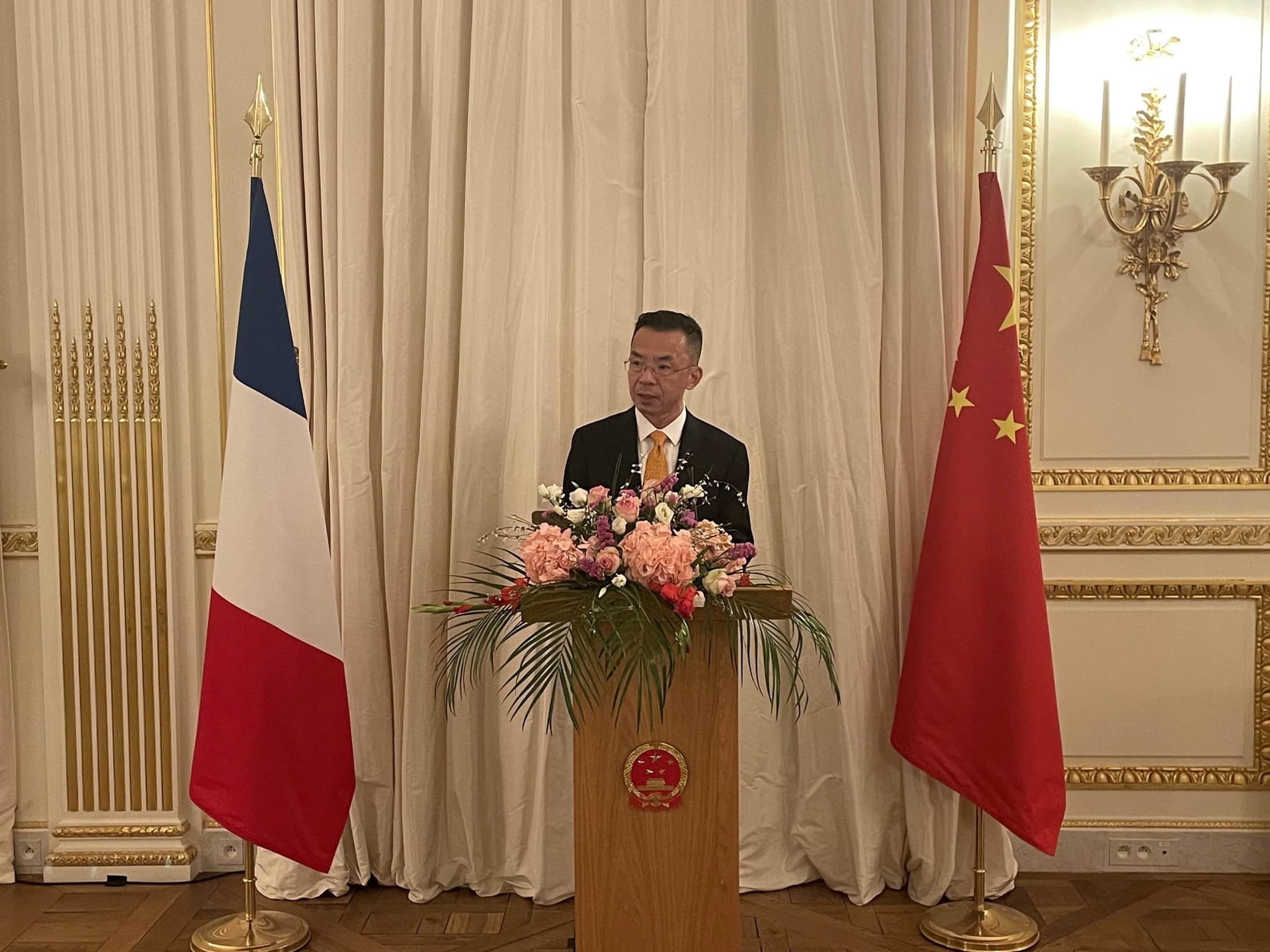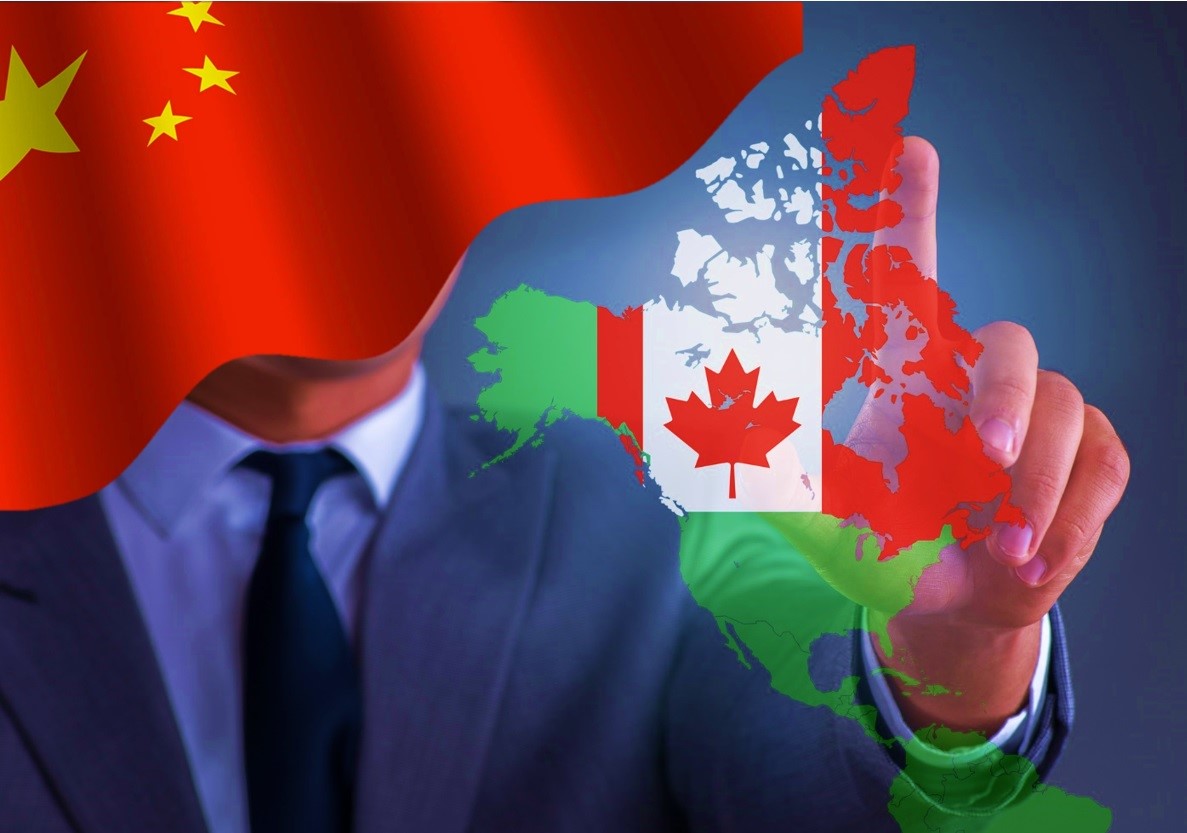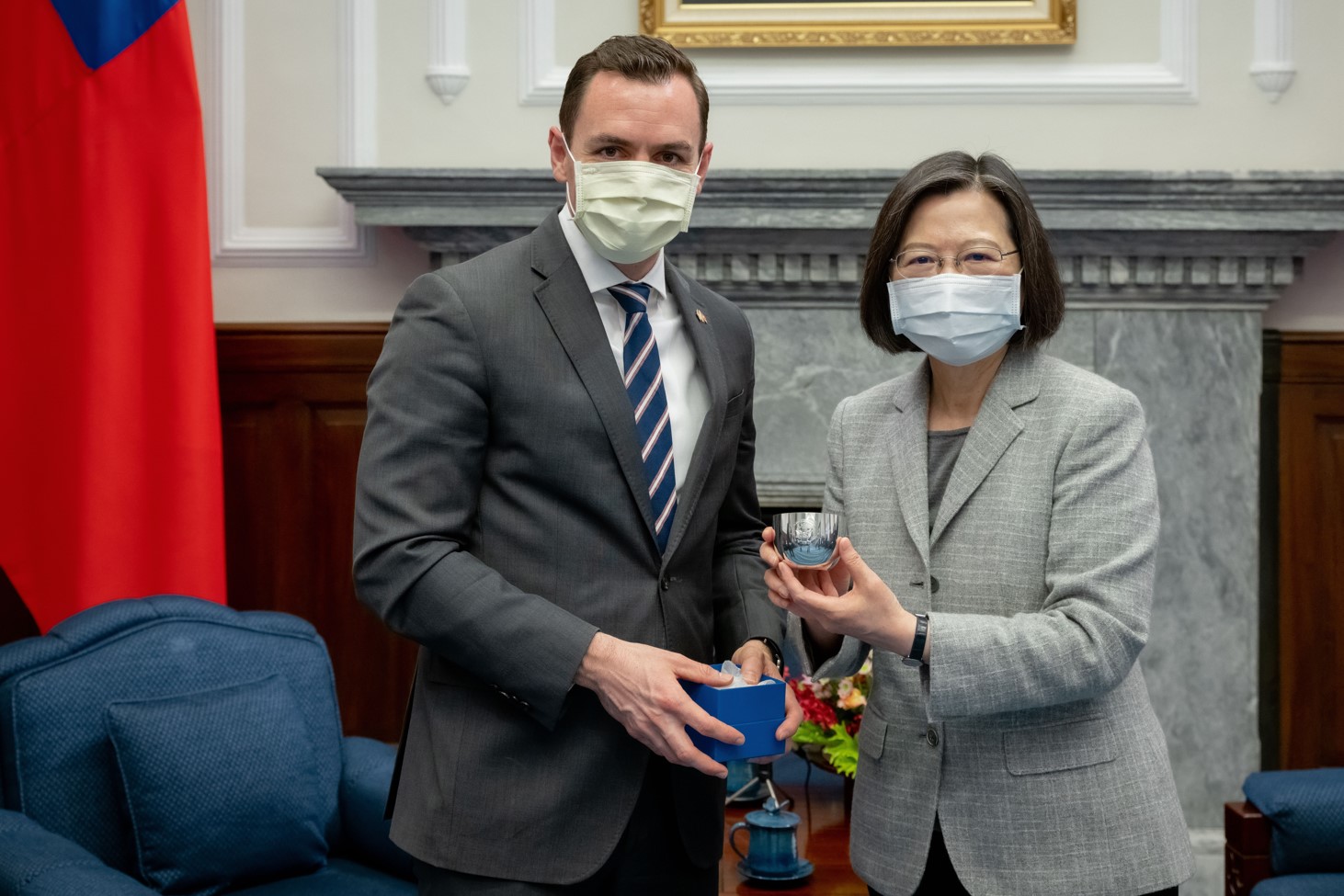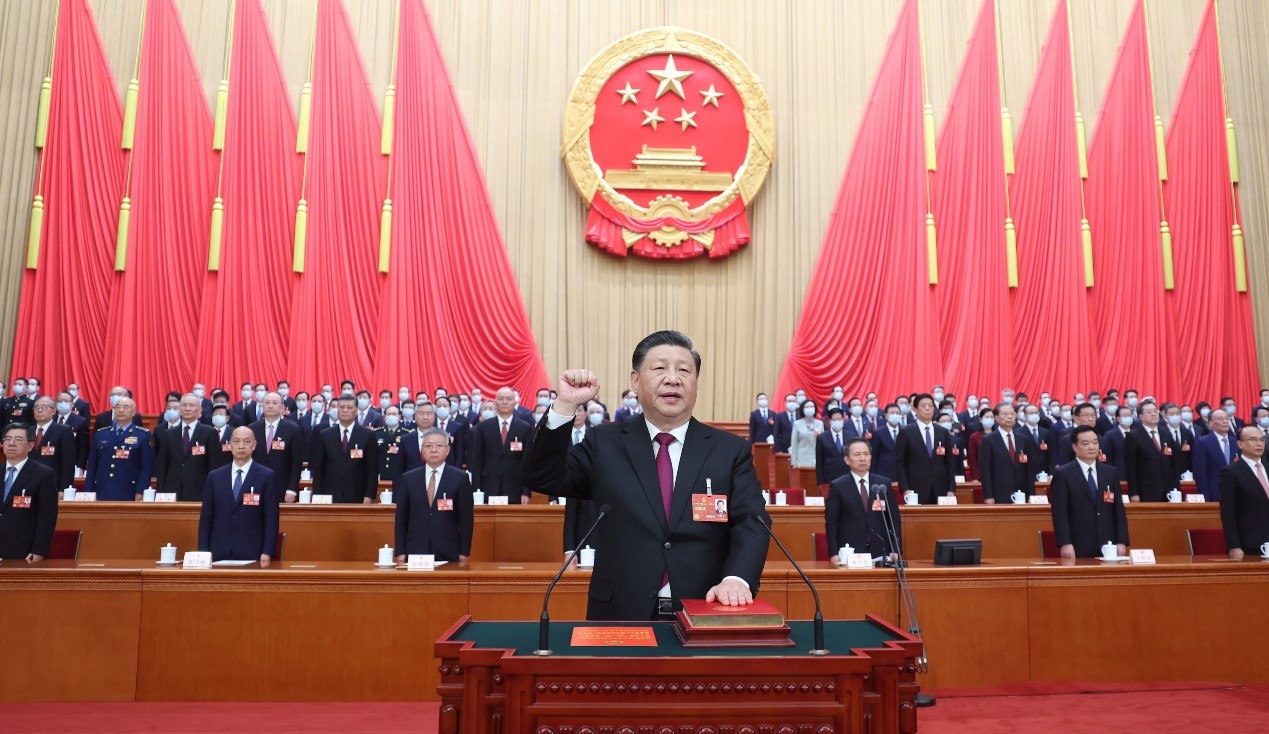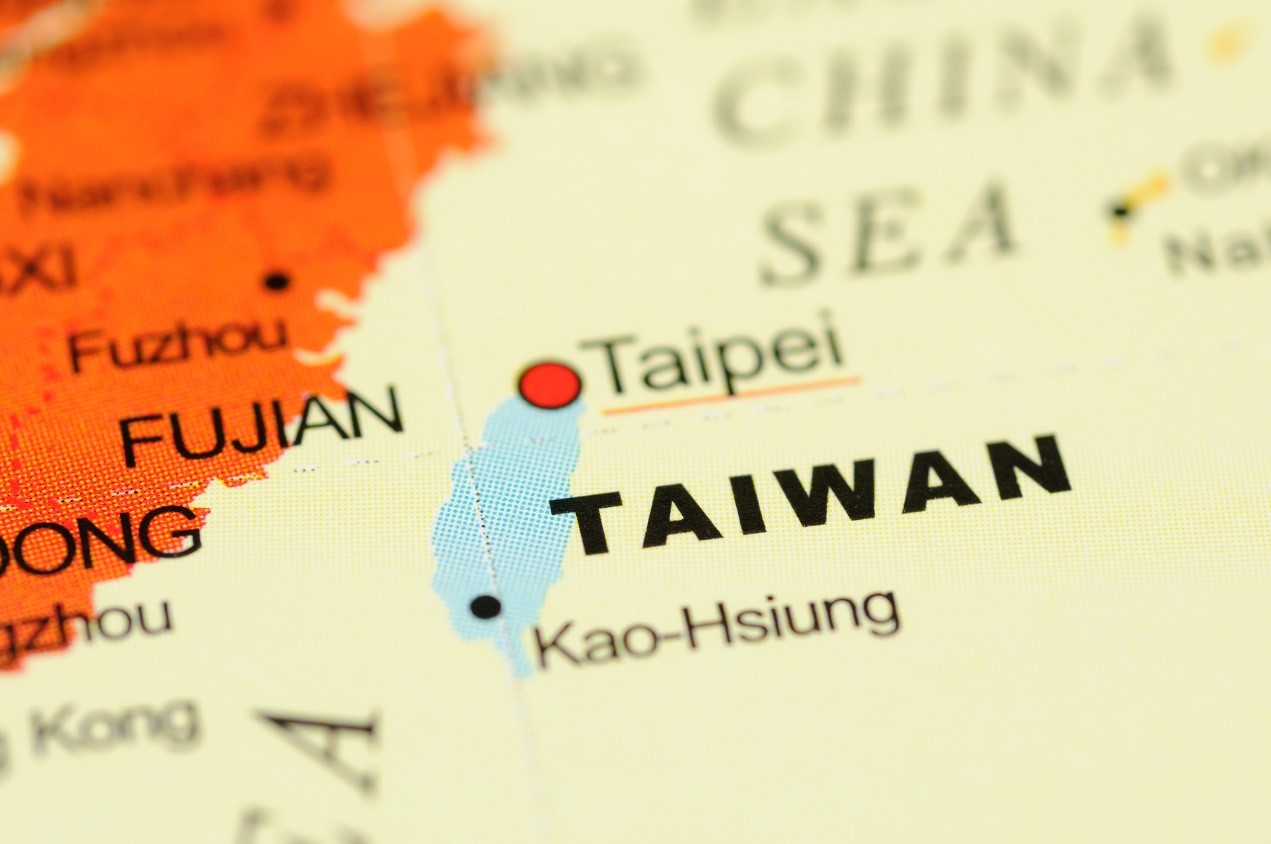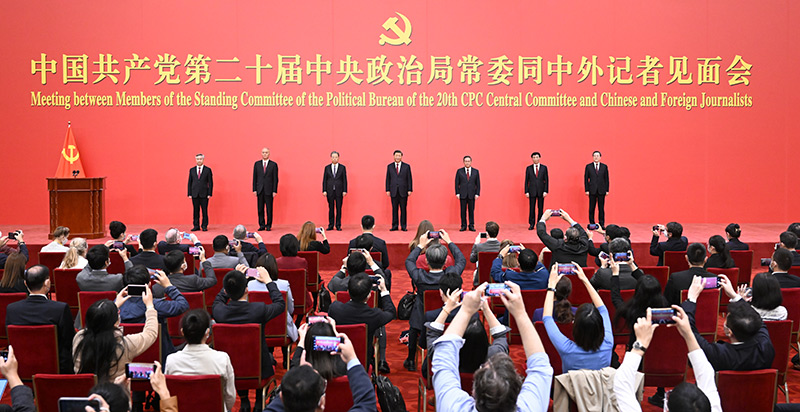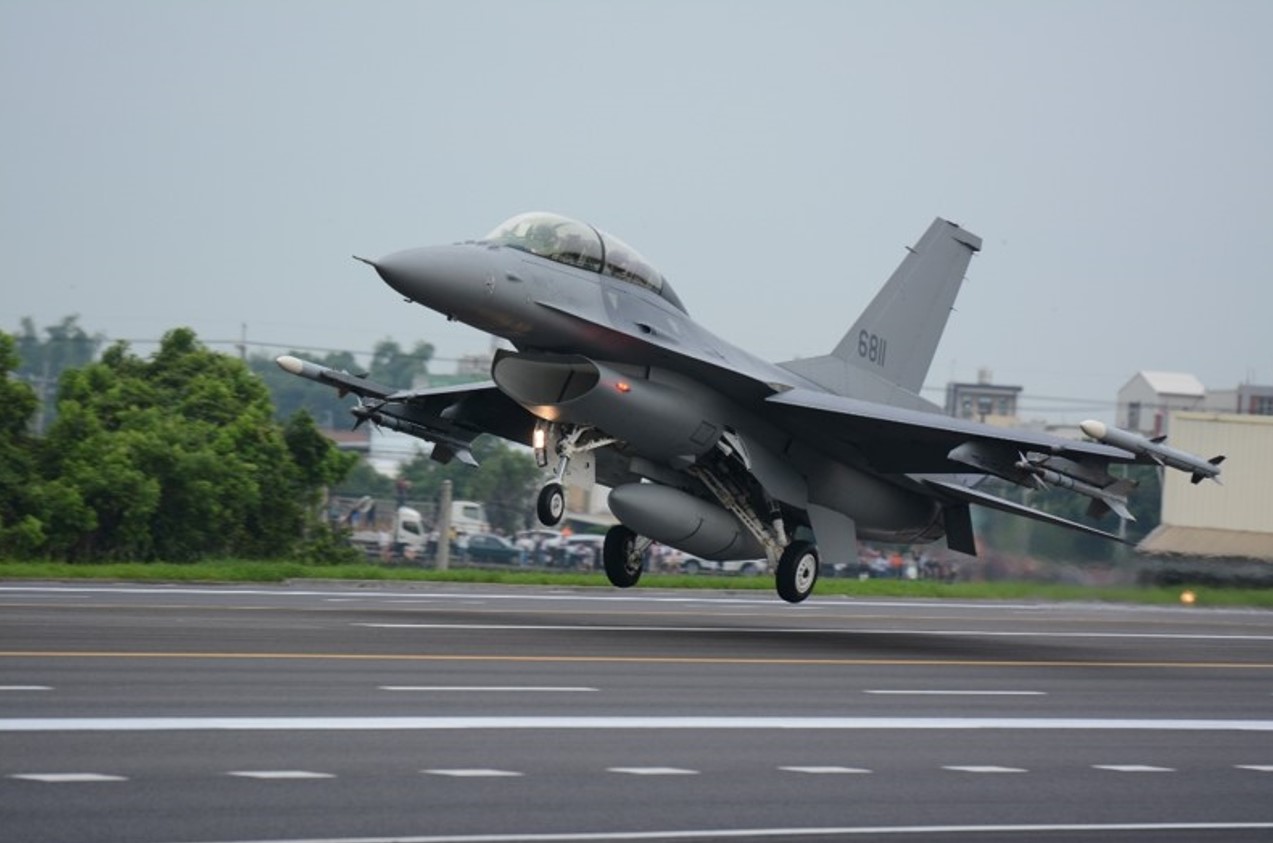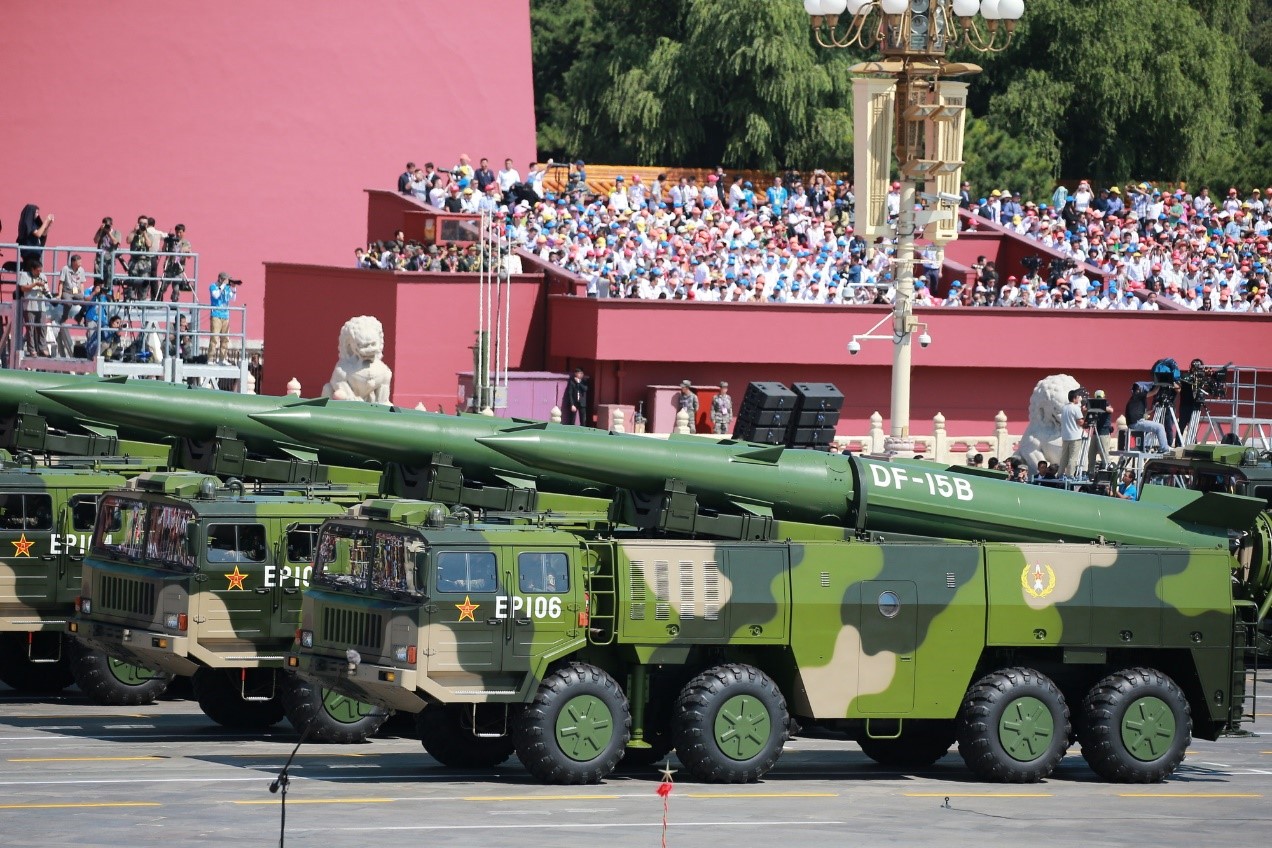Ramifications of the Hong Kong Safeguarding National Security Ordinance
The Hong Kong Basic Law Article 23 legislation came into effect on March 23, 2024. Enactment of the legislation has already had a chilling effect on Hong Kong society and has affected foreign investment — something the HKSAR government has repeatedly denied. Picture source: Hong Kong SAR Government, March 30, 2024, Wikipedia, https://zh.wikipedia.org/zh-tw/%E7%B6%AD%E8%AD%B7%E5%9C%8B%E5%AE%B6%E5%AE%89%E5%85%A8%E6%A2%9D%E4%BE%8B#/media/File:Basic_Law_Article_23_Legislation_Safeguarding_National_Security_Bill.jpg.
Prospects & Perspectives No. 21
Ramifications of the Hong Kong Safeguarding National Security Ordinance
By Sang Pu
The Hong Kong Basic Law Article 23 legislation (also known as the Safeguarding National Security Ordinance, SNSO), came into effect on March 23, 2024. The SNSO is widely viewed as an escalated version of the National Security Law (NSL) of 2020. It is believed that the Chinese Communist Party (CCP) intends to tighten its control over Hong Kong with the objective of deterring any event similar to the 2019 anti-extradition movement in Hong Kong and mainland China and to penalize and quickly transform Hongkongers into mainland Chinese. Although how the SNSO will be enforced in practice remains to be seen, enactment of the legislation has already had a chilling effect on Hong Kong society and has affected foreign investment — something the HKSAR government has repeatedly denied.
The key feature of the SNSO is the vagueness and ambiguity of its various broadly defined or ill-defined criminal components, such as national security, national secrets, espionage, foreign forces, foreign intervention, improper means, misleading information, and so on. This feature runs against the universal concept of rule of law which requires clarity of incriminating elements, and could lead to penalties up to life imprisonment.
The list of potential crimes is long and wide-ranging: any person in Hong Kong who owns a smartphone that contains material condemning the CCP or the HKSAR government, or comes back from Taiwan or other countries after having served in the military, or condemns the CCP or the HKSAR government in any open or subtle manner, whether publicly or privately, being viewed as creating hatred against the regime, or has heard that somebody else committed treason but does not report it to the police, or disseminates false or misleading information by colluding with foreign forces in ways that endanger national security — all these can result in a person being subjected to trial by designated judges and maximum penalties of three to 14 years of imprisonment, without a full right to counsel and many standard elements of due process.
More importantly, judicial independence over matters of national security is no more, as the SNSO clearly empowers the Committee for Safeguarding National Security of the HKSAR Government, instead of the courts, to have full and final decision to define national security, national secrets, espionage and other incriminating elements in specific cases. The Chief Executive of the HKSAR government is also authorized to issue any administrative directives or supplementary rules on top of the NSL and the SNSO. All these measures amount to a serious blow to common sense and criminal justice in Hong Kong.
The SNSO further entails full extraterritorial criminality of the offenses regarding national secret and espionage committed by any person anywhere in the world, as well as partial extraterritorial criminality of substantially all SNSO offenses committed by any Hong Kong residents anywhere in the world or by any foreign entity anywhere in the world having any place of business in Hong Kong.
Overall, the SNSO is a new layer of draconian legislation against human rights and liberties in Hong Kong, on top of the NSL and local national security-related offenses such as those relating to seditious intention. The magnitude and scope of these offenses is widely regarded as higher than those that apply in mainland China.
In a radio program on March 24, Chris Tang, Secretary for Security of the HKSAR government, sarcastically mentioned that “if your act is determined as illegal, I must be able to find incriminating evidence.” Such undisguised hostility has fueled anxiety in Hong Kong and among foreign investors.
The first case under the SNSO relates to Ma Chun-man, a jailed Hong Kong activist, who was denied early release, originally scheduled for March 25, 2024. Ma was jailed in 2020 for incitement to secession under the NSL. The SNSO raises the threshold of early release and retroactively applies to prisoners who were jailed before it came into effect.
Moreover, independent bookstores, such as Mount Zero Books and Best Reading Book Store, closed down their physical stores on March 31 and April 8 respectively after the SNSO deterrence effect kicked in.
A Taipei-based advocacy employee of Reporters Without Borders, Aleksandra Bielakowska, was held for six hours, searched and questioned at Hong Kong International Airport and denied entry into Hong Kong on April 10. Bielakowska was seeking entry into Hong Kong to monitor the national security trial of Apple Daily founder Jimmy Lai. Although the SNSO was not cited as the basis for her treatment, the overall national security environment in Hong Kong is ostensibly behind it.
All these are just the tip of the iceberg. People in Hong Kong, regardless of their nationality, have lost their freedom of speech, expression, assembly, press, freedom from fear, and protection under judicial independence. Promises of high-level autonomy of Hongkongers for 50 years have long been broken by the CCP. Many people in Hong Kong are now worried about talking aloud in public on any political or social matters. Many parents are now coaching their children not to share their real opinions in school to avoid unnecessary troubles. Hong Kong is no longer the free and vibrant metropolitan that existed in the 80’s and 90’s. Free Hong Kong has been destroyed by the authoritarian CCP, and “One Country, Two Systems” has been proved to be a hoax.
Moreover, legal and accounting professionals in Hong Kong are now deterred from disclosing genuine legal or business risks regarding China and Hong Kong in prospectus or due diligence reports. Most international law firms have closed down their capital market or IPO teams as the remaining slim business mainly goes to PRC-based law firms.
It is anticipated that there could be a further outflow of immigrants and capital, both human and monetary, from Hong Kong to democratic countries such as the UK and Canada. The demographic shift that is currently happening in Hong Kong — Hongkongers out and mainlanders in — is likely to further escalate. The CCP-centered national security education regime further chased Hong Kong families away to the free world.
Lights are off for many restaurants, bars and shops after 21:00 in Mongkok and Causeway Bay, as many people anticipate job losses and salary cuts in the near future, they are inclined to maximize personal savings for their future — in Hong Kong or elsewhere — for themselves or for their kids, and are therefore avoiding unnecessary spending.
Many international firms have accelerated the migration of their regional headquarters, senior managerial staff and core business from Hong Kong to other Asian countries such as Singapore. Hong Kong is likely to fall short of the top 10 global container ports and is no longer regarded as the entrepôt it was in the last century.
Coupled with the confidence crisis, worse may be yet to come. Amid rising tensions between the U.S. and China, Hong Kong could see a new wave of travel and border restrictions, internet bans, imposition of the PRC’s digital social credit system, prohibitions on the free exchange of HKD to USD, the final cancellation of the HKD, and so on.
Many pro-democracy Hongkongers, who by some counts represent nearly half of the population, have chosen to stay in Hong Kong and to engage in everyday forms of resistance, from non-cooperation to forming trusted discussion circles, from independent reporters working on social media to passionate people looking after the needs of political prisoners. This is similar to what occurred in Czechoslovakia and Taiwan in the 70’s. With hope and faith, some day in the future, justice will blossom and dictatorship will wither. For the time being, all countries are encouraged to learn from the failure of Hong Kong and revisit their China policies. Greed, insensitivity, silence and inaction can only lead to appeasement. Appeasement, in turn, can lead to surrender and being conquered. It is now the time to take action against the CCP regime.
(Sang Pu is political commentator, lawyer, and president of the Taiwan Hong Kong Association.)

